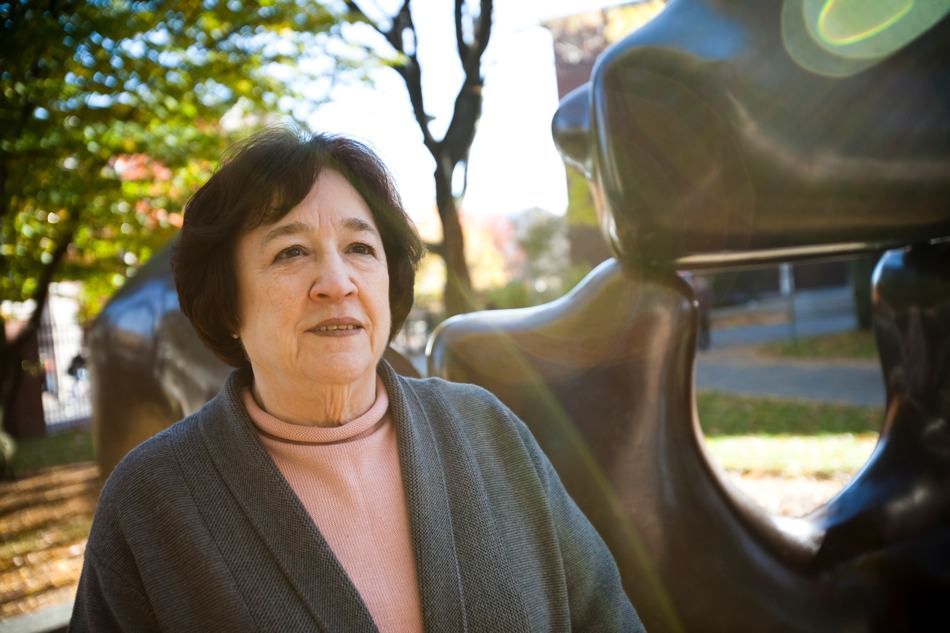We conclude our National Poetry Month celebration with a selection of work by the critic Helen Vendler, who has contributed over fifty pieces to The New York Review, from her 1975 consideration of the poems of William Carlos Williams to her essays in the past year on Edward Thomas and Robert Hass. Reviewing her book Poets Thinking in 2005, Christopher Benfey described one dimension of Vendler’s critical achievement:
In reminding us to look at and listen to the actual words on the page, and not to leap too soon to some hackneyed idea that they recall, Vendler invites us to expand our own response to experience, and to find in it—if we are both attentive and lucky—beauty and solace.
Helen Vendler is the A. Kingsley Porter University Professor at Harvard. She has written books on Yeats, Herbert, Keats, Stevens, Shakespeare, Heaney, and Dickinson. Her most recent books are Dickinson: Selected Poems and Commentaries; Last Looks, Last Books: Stevens, Plath, Lowell, Bishop, Merrill; and Our Secret Discipline: Yeats and Lyric Form. She is a member of the American Academy of Arts and Letters and the Norwegian Academy of Science and Letters, has frequently been a judge for the Pulitzer Prize in poetry, and delivered the 2004 Jefferson Lecture at the National Endowment for the Humanities.
April 30
Helen Vendler reviewed Seamus Heaney’s The Haw Lantern in 1988. It is an essay of great subtlety and complexity that turned on her insight into the challenges poets often face in middle age, when the values that informed their earlier style (“abundance” and “mass and gravity” in Heaney’s case) are falling away: “In their new style they cannot abandon their former selves. The struggle to be one’s old self and one’s new self together is the struggle of poetry itself, which must accumulate new layers rather than discard old ones.”
Second Thoughts
April 28, 1988
On The Haw Lantern by Seamus Heaney.
April 29
In 1984, Vendler reviewed a new collection of Elizabeth Bishop’s prose. In defining what these prose pieces accomplish, and what they don’t, Vendler came to surprising insights about the strengths of Bishop’s poems.
Life Studies
February 16, 1984
On The Collected Prose by Elizabeth Bishop, edited, with an introduction, by Robert Giroux.



